 Sulfate of Potash Information Board Closes
10. 12. 2018
#Fertilizer feedstock
Sulfate of Potash Information Board Closes
10. 12. 2018
#Fertilizer feedstock

September 2018 marked the end of an era in the fertilizer raw material industry. After more than twenty years researching and promoting the benefits of K2SO4 as the feedstock of choice for fertilizer production the Sulfate of Potash Information Board (SOPIB) shut down, forever.
Originally formed in 1997, the information board was founded by four of the world’s largest K2SO4 producers, namely; Tessenderlo Group in Belgium, K+S Kali in Germany, SQM in Chile, and Compass Minerals in the USA. Their plan was to further develop the SOP market by using research to better understand the agricultural benefits, and by promoting the economic advantages of potassium fertilizers.
Together they coordinated over 30 field trials in 11 different countries, working with a wide variety of cash and specialty crops to study plant nutrition. The research was often conducted in cooperation with prestigious research centres, and examined the effects of SOP in different soils, conditions, and climates, frequently making comparisons with other potash sources.
In 2003, the group introduced the biennial SOPIB prize, awarded for, “an outstanding contribution in the field of agronomic research on SOP.”
The list below shows the recipients of this award and emphasises the international nature of SOPIB’s influence.
News of the closure has surprised many in the fertilizer industry, as usage of sulfate of potash has grown considerably during SOPIB’s years of operation. As the board itself notes, “During the course of the last 15 years the global consumption of SOP has doubled from 3.3 million MT in 2003 to a forecasted consumption (by independent experts) of 6.7 to 7 million MT in 2018. This increase represents an annual growth rate of 5% over the period, which proves without a doubt that SOP remains a valuable potash source.”
Certainly, the benefits of sulfate of potash haven’t changed.
As many soils are deficient in potassium, a nutrient which is needed for all life to survive. Plants need the mineral in order to complete many essential functions, such as synthesizing proteins, activating enzyme reactions, forming sugars and starches, as well as regulating water flow in cells and leaves.
SOP holds many advantages over other potassium fertilizer types. For example, the fertilizer raw material professionals at AG CHEMI GROUP (who sponsor this website), are quick to note that, “Sulfate of potash has a very low salinity index making it the preferred potash fertilizer in areas at risk from soil salinity.”

Adding that, “Potassium sulfate (K2SO4) or sulfate of potash (SOP), is the world's most popular fertilizer. Combining potassium (50% K2O) and sulphur (18%) SOP offers a high concentration of nutrients readily available to plants.”
While the SOPIB itself (in its last newsletter) highlights that the fertilizer feedstock is particularly appropriate, “… for crops sensitive to chloride.”
Facts supported by the online agro-management journal, ManagingNutrients, who explain that, “K2SO4 is frequently used for crops where additional Cl- from more common KCl fertilizer is undesirable.”
Continuing by noting that, “The partial salt index of K2SO4 is lower than some other common K fertilizers, so less total salinity is added per unit of K. The salt measurement (EC) from a K2SO4 solution is less than a third of a similar concentration of a KCl solution (10 mmol/L).”
To learn more about the benefits of potassium as a fertilizer material, expert advice can be gained from Mark Davis, agronomist at Great Salt Lake Minerals on this YouTube clip.
Despite all this, the board of directors at SOPIB remain convinced that now is the time to shut down. As they state, “Despite the success of SOPIB, times change, and it was therefore after a great deal of reflection and with regret that SOPIB’s board of directors voted to bring to an end the SOPIB institution at the end of this year. Over the last decade communication methods and channels have evolved as has the global SOP market, which has seen many new producers appearing on the scene.”
However, the end of SOPIB is obviously not the end of SOP fertilizer, as the board itself concludes, “We are sure that SOP will remain an important chloride free potash source for global agriculture.”
Something which fertilizer producers and suppliers everywhere will heartily agree with.
AG CHEMI GROUP has been supplying fertilizer raw materials since 1994. It is also a global supplier of industrial quantities of sulfate of potash.

If you are interested in potassium sulfate supplies, SOP products, or need fertilizer raw materials, then please contact the friendly, multi-lingual sales team, or take a look at the AG CHEMI GROUP catalogue.
Photo credit: ManagingNutrients, K+S, Madeinchina, AGCHEMIGROUP, agamerica, & SOPIB